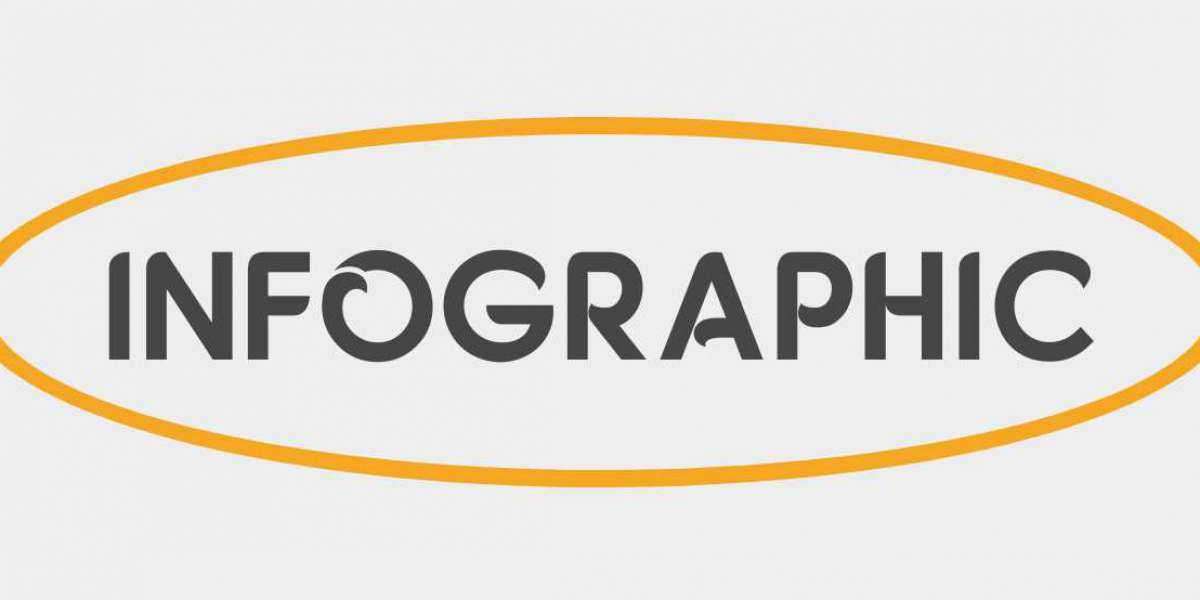1. The Growing Importance of ERP and CRM Integration
One of the most significant trends in 2025 will be the seamless integration of ERP and CRM systems. These two systems, when combined, provide a holistic view of your business operations and customer interactions.
Why Integration Matters:
Unified Data: Integration ensures that data flows smoothly between systems, reducing silos and improving accuracy.
Enhanced Customer Experience: A unified system allows your team to access customer information and order history in real-time, enabling personalized service.
Improved Decision-Making: With integrated data, businesses can make informed decisions based on comprehensive insights.
Example: A retail company integrates its ERP and CRM systems to track inventory levels and customer preferences. This allows them to offer personalized promotions and ensure timely product availability.
2. How ERP Consulting Services Are Evolving in 2025
ERP consulting services are undergoing a transformation to meet the demands of modern businesses. In 2025, these services will focus on customization, scalability, and cloud-based solutions.
Key Trends in ERP Consulting Services:
Customization: Businesses are looking for ERP systems tailored to their unique needs. ERP consulting services will play a crucial role in designing and implementing these customized solutions.
Cloud Adoption: The shift to cloud-based ERP systems will continue, offering flexibility, scalability, and cost savings.
AI and Automation: ERP systems will increasingly incorporate AI and automation to streamline processes like inventory management and financial reporting.
Example: A manufacturing company partners with an ERP consulting service to implement a cloud-based ERP system. The system automates inventory tracking and provides real-time insights into production efficiency.
3. The Rise of AI and Machine Learning in CRM Systems
Artificial Intelligence (AI) and Machine Learning (ML) are set to revolutionize CRM systems in 2025. These technologies will enable businesses to predict customer behavior, automate routine tasks, and deliver personalized experiences.
How AI and ML Enhance CRM:
- Predictive Analytics: AI can analyze customer data to predict future behavior, such as purchase patterns or churn risk.
- Chatbots and Virtual Assistants: AI-powered chatbots can handle customer inquiries 24/7, improving response times and satisfaction.
- Personalization: ML algorithms can analyze customer preferences to deliver tailored recommendations and marketing messages.
Example: An e-commerce company uses AI-powered CRM to recommend products based on a customer’s browsing history and past purchases, increasing sales and customer loyalty.
4. The Shift Toward Mobile-First ERP and CRM Solutions
As remote work and on-the-go access become the norm, mobile-first ERP and CRM solutions will gain traction in 2025. These solutions allow employees to access critical business data and tools from their smartphones or tablets.
Benefits of Mobile-First Solutions:
- Increased Flexibility: Employees can work from anywhere, improving productivity and work-life balance.
- Real-Time Access: Mobile solutions provide real-time access to data, enabling faster decision-making.
- Enhanced Collaboration: Teams can collaborate more effectively, even when working remotely.
Example: A sales team uses a mobile CRM app to update customer information and track leads while on the go, ensuring no opportunity is missed.
5. The Role of Data Security in ERP and CRM Consulting
With the increasing reliance on digital systems, data security will be a top priority in 2025. ERP and CRM consulting services will focus on implementing robust security measures to protect sensitive business and customer data.
Key Security Trends:
- Encryption: Data encryption will become standard to protect information during transmission and storage.
- Multi-Factor Authentication (MFA): MFA will be widely adopted to prevent unauthorized access.
- Compliance: Consulting services will help businesses comply with data protection regulations like GDPR and CCPA.
Example: A financial services company works with an ERP consulting service to implement encryption and MFA, ensuring the security of client data.
FAQs
1. What is the difference between ERP and CRM systems?
Ans: ERP systems focus on managing internal business processes like finance, inventory, and HR, while CRM systems focus on managing customer interactions and relationships.
2. How can ERP and CRM integration benefit my business?
Ans: Integration provides a unified view of your operations and customer data, improving efficiency, decision-making, and customer satisfaction.
3. What are the benefits of cloud-based ERP and CRM systems?
Ans: Cloud-based systems offer flexibility, scalability, and cost savings, making them ideal for businesses of all sizes.
4. How does AI enhance CRM systems?
Ans: AI enables predictive analytics, chatbots, and personalized recommendations, improving customer engagement and satisfaction.
5. Why is data security important in ERP and CRM systems?
Ans: Data security protects sensitive business and customer information from breaches, ensuring compliance and building trust.
Conclusion
As we look ahead to 2025, the trends in ERP and CRM consulting are clear: integration, AI, mobile-first solutions, and data security will take centre stage. By staying ahead of these trends, your business can unlock new levels of efficiency, customer satisfaction, and growth.
If you’re ready to embrace these trends, consider partnering with a Microsoft Solutions Partner in USA. These experts can help you implement cutting-edge ERP and CRM solutions tailored to your business needs. Start your journey today and position your business for success in 2025 and beyond!



